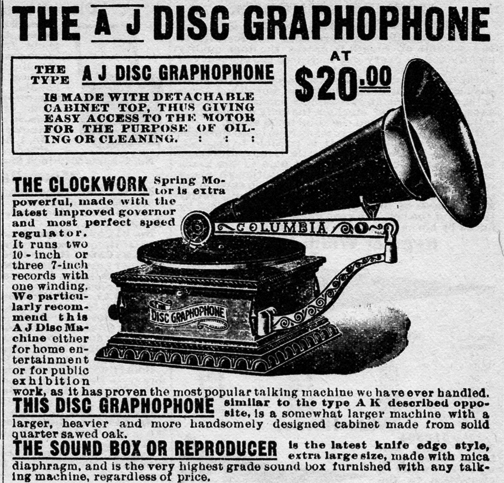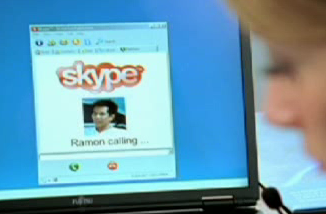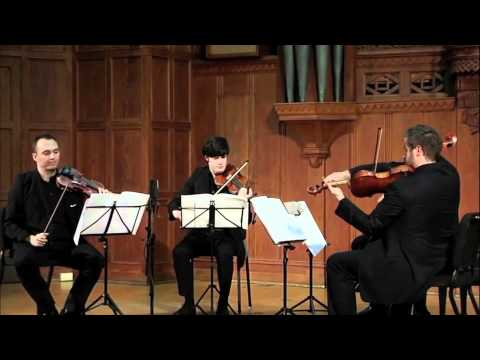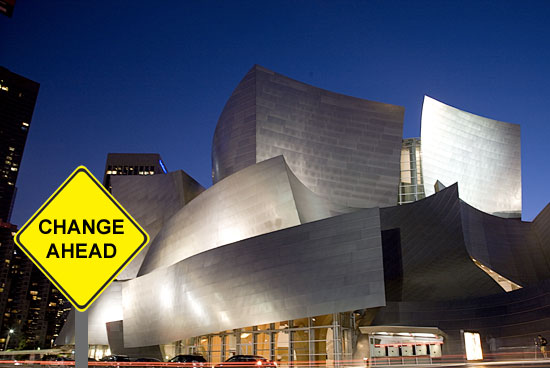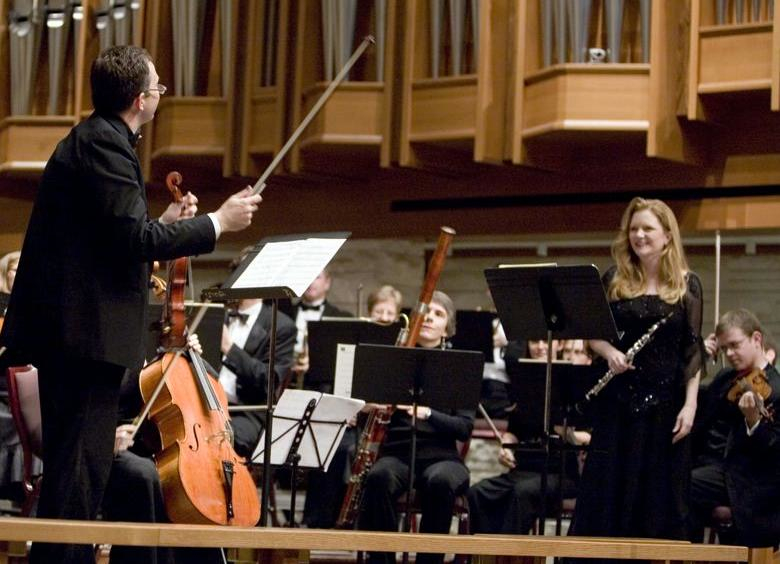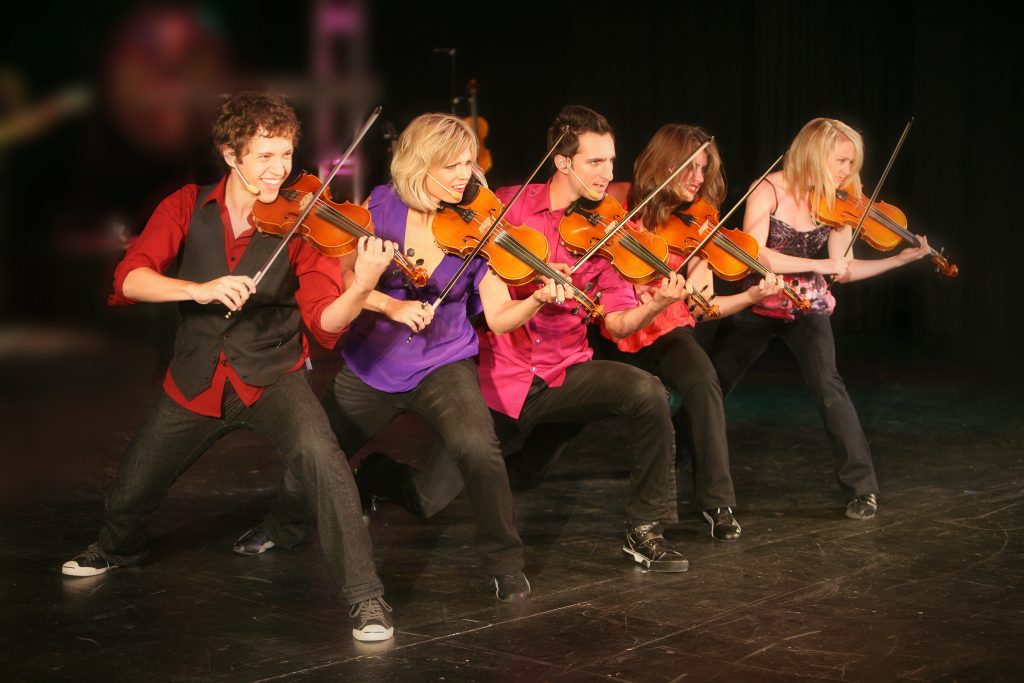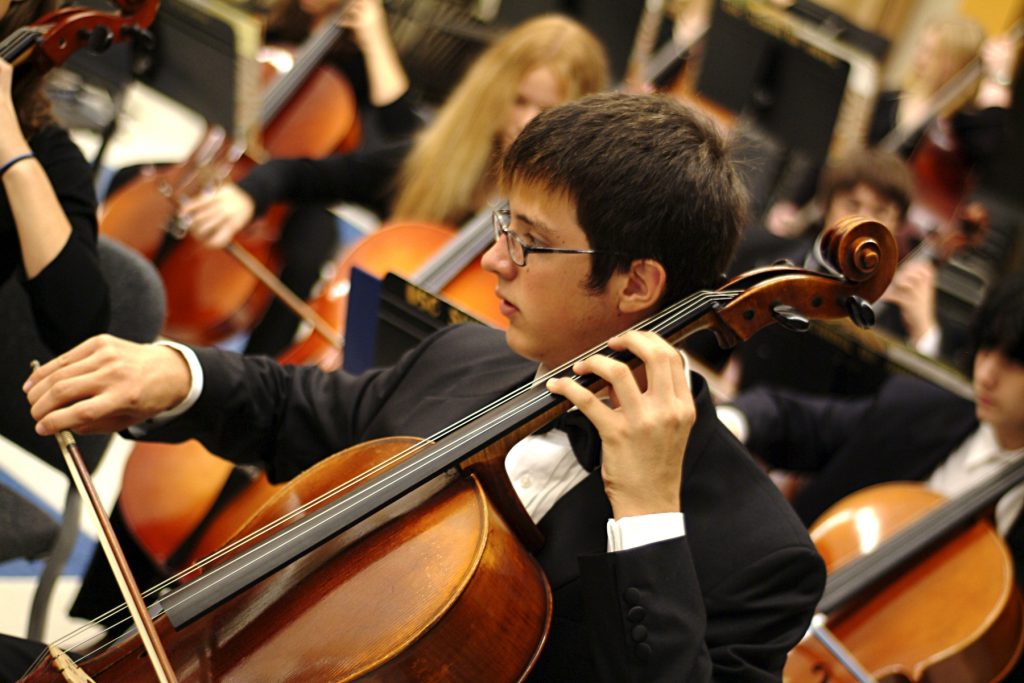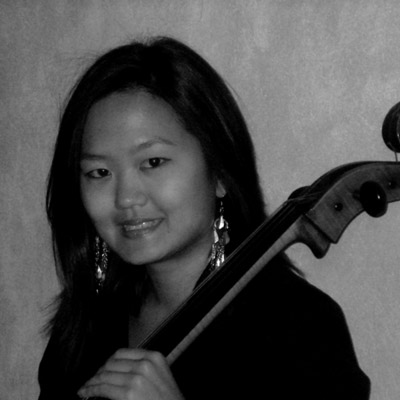Music Through the Ages of Technology
June 1, 2012As a creator of music in the 21st century, I find myself living during an immensely significant time. There are many new technological breakthroughs that are directly influencing music, how we perceive it and how we create it. Throughout the ages, music and art went hand in hand with politics, technology and most aspects of […]
A Personal Reflection on the Importance of Technology
May 2, 2012Conductor Lauren Denney Wright recently used Skype to include a composer in her college band rehearsal, even though the composer was hundreds of miles away. The composer was able to hear the rehearsal, give feedback, and talk with the students. This is a great example of how new technologies can make an impact on educational situations, and also make certain tasks and objectives more efficient. Certainly listening to a rehearsal via skype is not the same as listening live and giving feedback in the room. However, if the person could otherwise not be a part of the rehearsal, it seems like a great solution. In other words, technology will not replace important human interactions, but will provide a great supplemental tool. Wright’s story is an inspiring example of how we can embrace technology and use it to bring people together.
Diversifying Your (Musical) Portfolio: TimeOut Chicago Writer and Spektral Quartet Violist Doyle Armbrust Forges an Unlikely Path
April 2, 2012In this article, Rhett Del Campo provides a compelling profile of the Spektral Quartet and violist Doyle Armbrust. Del Campo discusses the history of the innovative Chicago-based Spektral Quartet and specifically violist Doyle Armbrust’s views on his life as a freelance musician and member of the Quartet. Armbrust has created a unique freelance career comprised of performing in a variety of musical settings as well as writing for TmeOut Chicago. Del Campo and Armbrust both provide important thoughts on freelancing, music criticism, and innovative thinking in an evolving musical world.
Ritual
March 1, 2012In the following article, Peter Sachon discusses the “rituals” and traditions associated with classical music performances and examines situations where perhaps new ideas could be implemented. Sachon tackles issues such as audience applause, general etiquette expectations, lighting, dress, and others. He argues that these traditions have created an atmosphere of elitism that is not welcoming for new and unfamiliar audiences. There is no question that these traditions are a hot topic of discussion right now, and Sachon makes a compelling argument for thinking about these issues and planning for the future.
Experiencing the Los Angeles Philharmonic under Gustavo Dudamel
February 2, 2012Dudamel. He’s a name which virtually every classical musician is pretty familiar with these days. But only a couple of years ago, Dudamel was not so much of a household name. And if you don’t know who he is, Gustavo Dudamel is the young, exciting conductor of the Los Angeles Philharmonic. In this article, Brittney Stanton, who is a flautist and graduate student at Arizona State University, chronicles her experience at a concert given by the Los Angeles Philharmonic with Gustavo Dudamel conducting, as part of their nationwide tour of 2010. Also contributing to this article is Timothy McAllister, saxophonist, who was performing with the orchestra in this concert and additional concerts as part of their tour. We know that the orchestra received all kinds of different reviews on their tour throughout the country. Some critics loved the orchestra and some didn’t. But I think what we can agree upon is that Dudamel really brings an excitement and energy to classical music that really bodes well for the future.
To Mother
Drew Forde is a driven young man. He is a violist from Georgia and he is currently pursuing his undergraduate degree in music at Mercer University in Macon, Georgia; and in this article Drew talks about the profound influence of his mother on his early musical training, and also talks about how he hopes to contribute to the future of classical music. He’s got some very exciting ideas and a great overall perspective, I think. So, I think you’ll really enjoy this article.
Three Pet Peeves in the Orchestral World
September 1, 2011Alecia Lawyer is the Founder, Executive Director, and Principal Oboist of the River Oaks Chamber Orchestra (ROCO) in Houston, TX. On Monday September 19th, Alecia will present a live webinar on the topic of “Collaborative Commissioning and Performance.” You can read more about the webinar and sign up for FREE here. In the article below, Alecia displays the passion and innovation that she brings to her organization, ROCO, and the orchestra field at large. Sign up for her webinar and you can hear more of her ideas, and even ask her questions live!
My Ideal Orchestra – Barrage
August 29, 2011In this Article, violinist Jason Hurwitz opens with the phrase – “I get paid to live my dream.”That dream is his position as a performer with Barrage, what he calls an “in-your-face alternative violin show.”Jason talks about his training as a classical violinist, and how he yearned to explore other types of music with his violin in hand. He describes his path prior to joining Barrage, and what it took to join the ranks of such a renowned and fast-paced group. Jason’s story is an excellent reminder that there are endless paths and possibilities for musicians – you just have to keep your dream in mind and work hard to make it happen.
Compose for Youth Orchestras!
May 3, 2011In this article, composer Dan Visconti presents a compelling case for writing for youth orchestras. Particularly relevant to younger composers, Dan’s article contains many insightful points that force music creators to seriously consider the many opportunities that youth orchestras may offer. In an age of innovation and self-promotion, it seems crucial for younger writers to use creative thinking to identify opportunities which may be outside of the popular and well-worn path. Dan’s article is simply a must read for young composers. Thanks to NewMusicBox.org for letting us share this with you.
My Musical Journey
April 5, 2011In the following Article, cellist Susie Yang discusses her career path as a soloist, chamber musician, and orchestra musician. Having attended both the Julliard School and New England Conservatory, and having served as a fellow with the New World Symphony, Susie provides great insight into the world of young orchestral musicians operating at the highest levels. Susie talks about her childhood dreams, her inspirations, and her experiences in various musical settings. For any young musician looking to join the ranks of a professional symphony orchestra, Susie’s story is a valuable resource. Since writing this article, we are happy to report that Susie has been appointed Associate Principle Cellist in the Kansas City Symphony! Congrats Susie!

